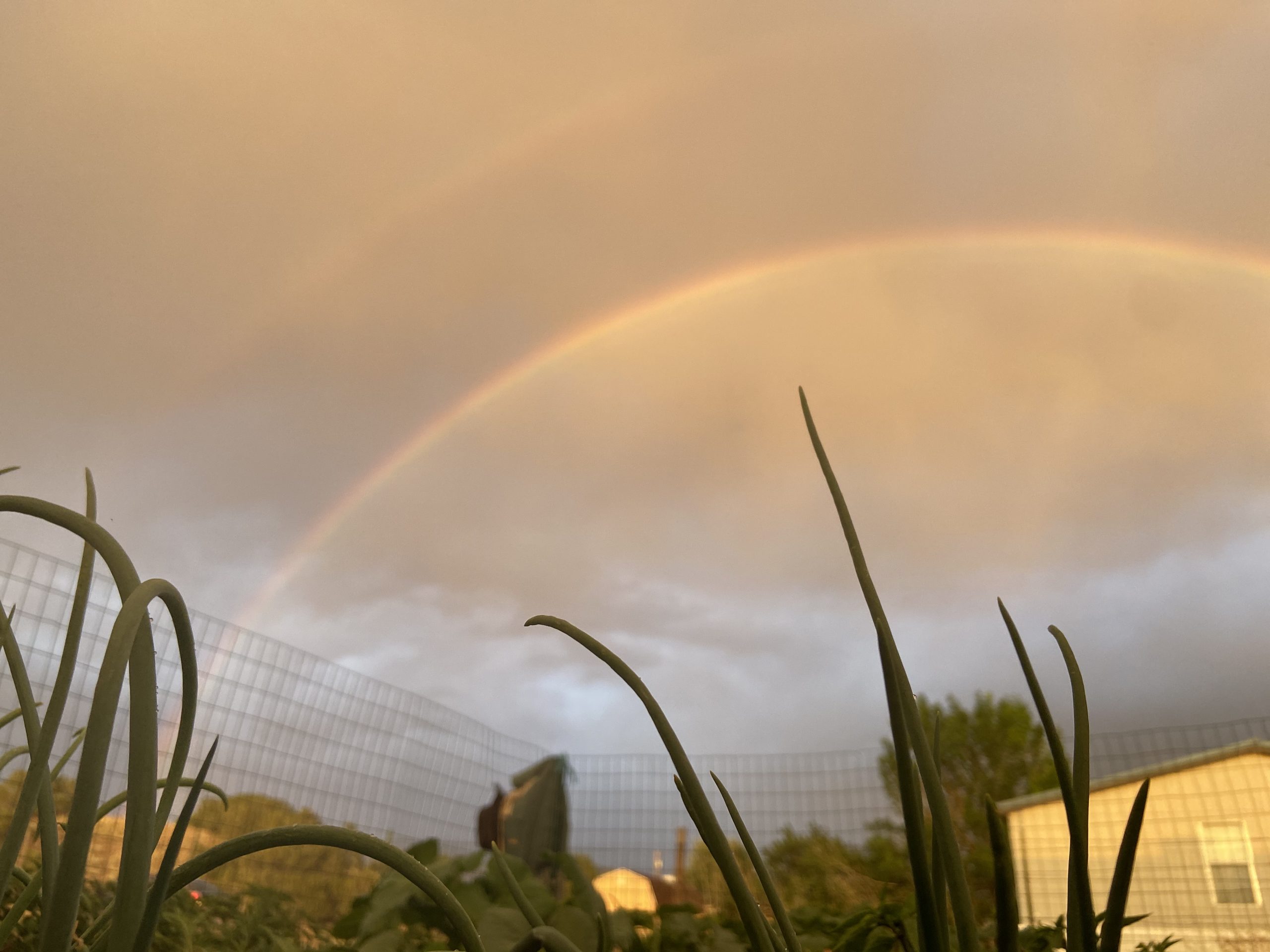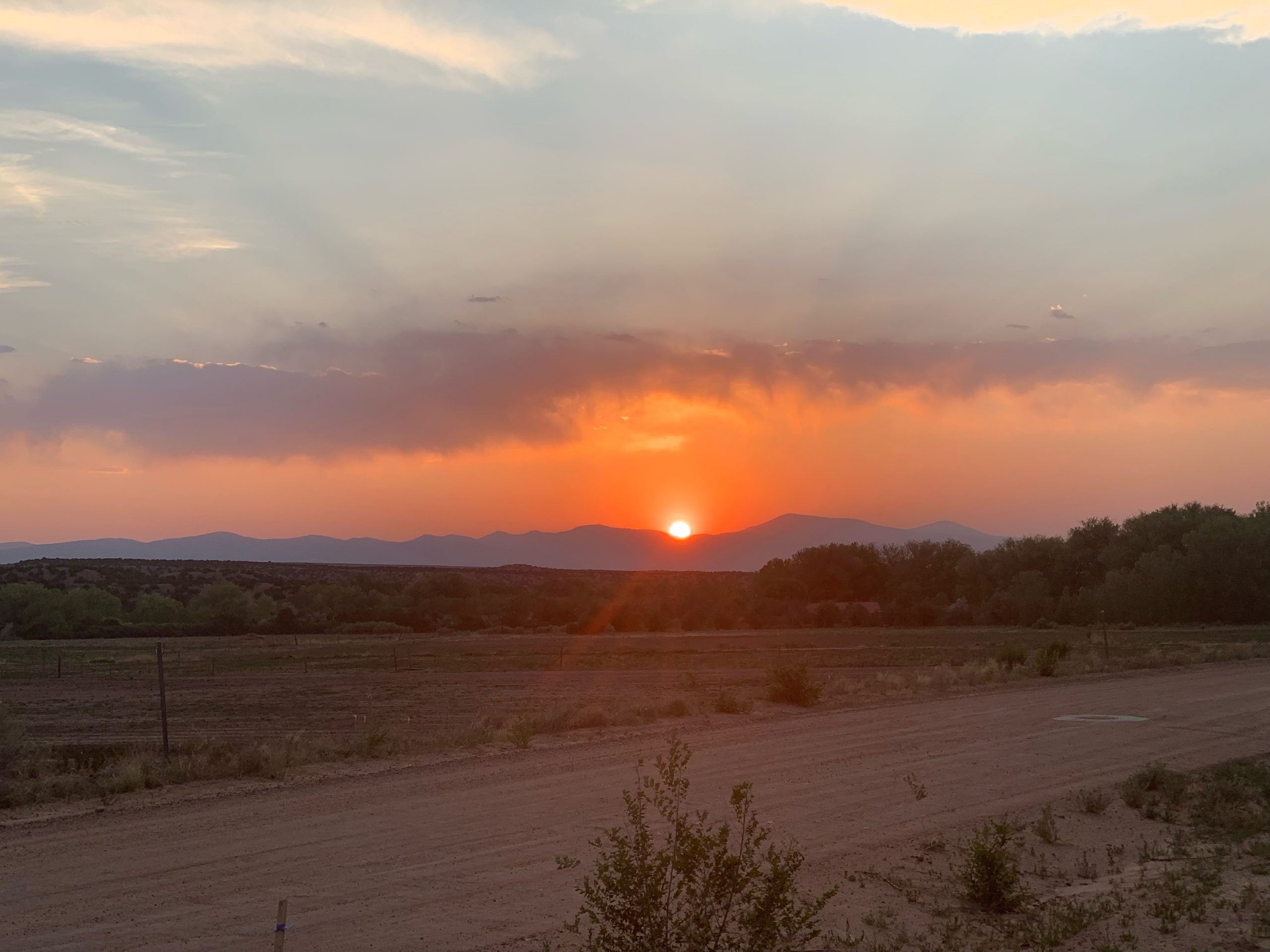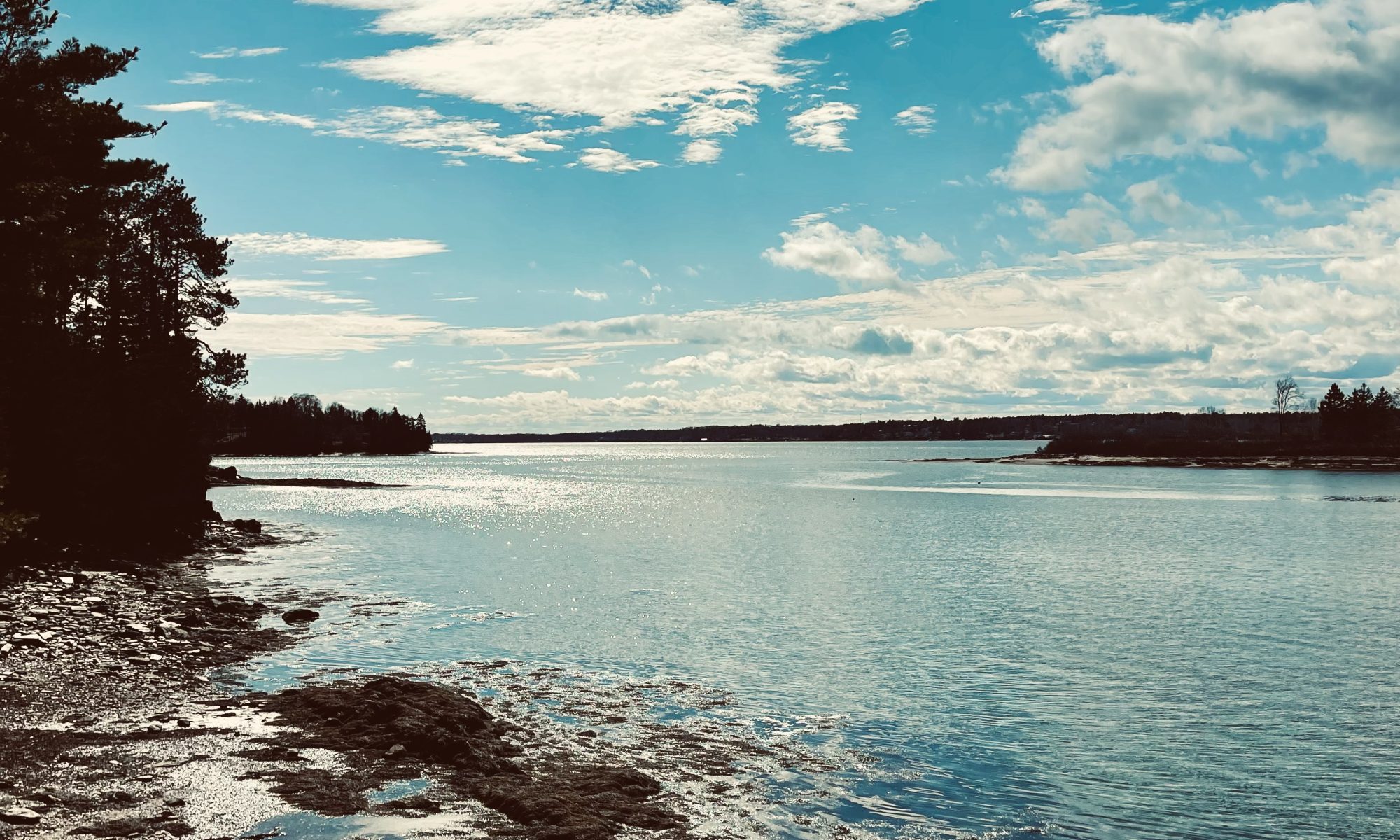Stigma around Mental Health:
“Just because you cannot see it doesn’t mean it is not there.”
What is a stigma? And what is the stigma around mental health?
According to the oxford language, such as anxiety, depression, bipolar, PTSD, etc. By continuing to stigmatize mental health struggles will continue to discourage those who are suffering from seeking help, which will only make their condition worse. According to the American Psychiatry Association, “Stigma often comes from lack of understanding or fear.” To learn more about this stigma around mental health please visit their website at https://www.psychiatry.org/patients-families/stigma-and-discrimination.
Stigma around Mental Health in Native Communities:
Within Native communities, we have our traditional view on the ideas of mental health and how to take care of our mind, body, and spirit. The practices Native people have been using to keep ourselves in balance include traditional practice and ceremonies that connect ourselves with mother earth, our communities, our core values, and traditional beliefs. These practices are some of the things that keep our mind, body and spirit grounded. However, due to colonization, marginalization, urbanization, and other factors such as COVID, our abilities as Native people to practice these traditional rituals and ceremonies which connect us to our culture, communities, and Native identity have been hindered. The loss of these important aspects in Native people’s lives are factors that create this disconnect to our truest selves which has and could lead to mental health struggle or illness. Because Native people rely on and use our traditional methods to keep us well, the idea that this is the only way to keep us imbalanced can get in the way of Native people seeking outside treatment that is often seen as Non-Native (Gray). The sigma in Native communities that mental health treatments are “a perpetrator of White norms and values,” can misguide those who need help in more than one way (Gray).

(Photo Credits: Tunte Vigil)
Our ability to access traditional healing, through ceremonies or other practice are not always as accessible as they used to be because many of us are so immersed into a world that goes beyond our traditional activities. Many of our communities today encourage our people to leave the community in order to get an education to come back and help our community which is a beautiful act to take. However, while we do this the resources, traditions, and community we are so used to helping us feel supporting and grounding us cannot always come with us. As a result, many Native youth find themselves in situations where their mental health is struggling because of the lack of support or resources. This is also true for those who just don’t have access to traditional knowledge or practice no matter their location or endeavors. The well-being of our Native people is ultimately what we value and pray for. As a result, continuing to uphold these stigmas around mental health is not doing anyone good.

(Photo Credits: Tunte Vigil)
To learn more about how mental health affects Native people here are a few journal articles and website links to learn more about this.
- “Journal of Rural Mental Health Suicide in Indian Country: The Continuing Epidemic in Rural Native American Communities” By: Jacqueline S. Gray and John A. McCullagh
https://www.researchgate.net/profile/Jacqueline-Gray-3/publication/266078477_Journal_of_Rural_Mental_Health_Suicide_in_Indian_Country_The_Continuing_Epidemic_in_Rural_Native_American_Communities/links/542441af0cf26120b7a72e98/Journal-of-Rural-Mental-Health-Suicide-in-Indian-Country-The-Continuing-Epidemic-in-Rural-Native-American-Communities.pdf - Mental Health America: “Native and Indigenous Communities and Mental Health”
https://www.mhanational.org/issues/native-and-indigenous-communities-and-mental-health - National Alliance on Mental Health: “Identity and Cultural Dimensions: Indigenous”
https://www.nami.org/Your-Journey/Identity-and-Cultural-Dimensions/Indigenous

